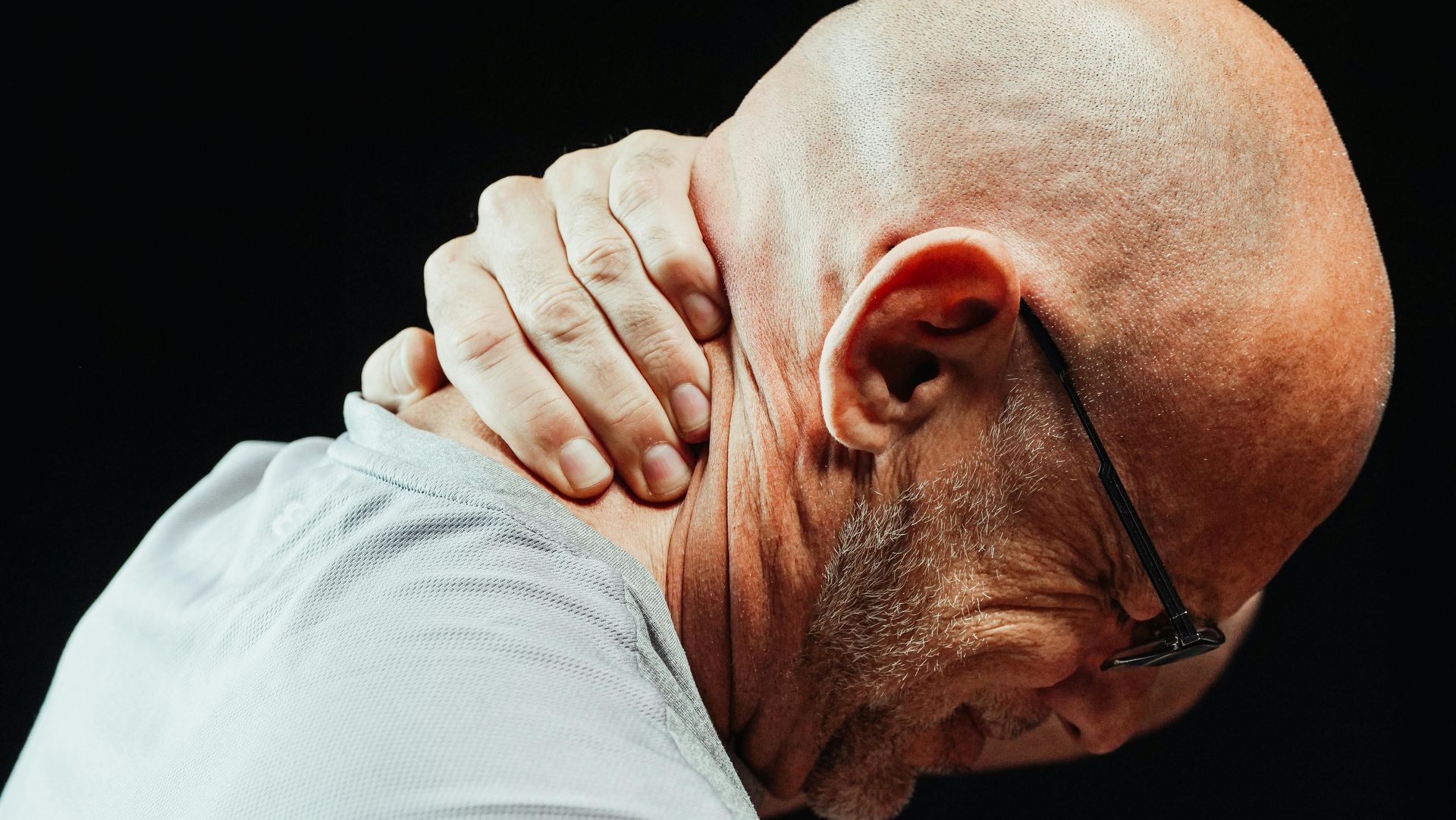March 28, 2025
Inflammation is a natural response that helps the body protect and heal itself. However, when inflammation lingers for too long or flares up repeatedly, it can transition from a protective mechanism into a source of ongoing discomfort. This persistent state of low-level inflammation can be a contributing factor in many chronic pain conditions. According to the Centers for Disease Control and Prevention (CDC) , six in ten adults in the United States live with at least one chronic disease, many of which are influenced by inflammatory responses. While acute inflammation is often easy to recognize—such as redness or swelling—chronic inflammation manifests more quietly yet causes significant long-term stress on the body. How Chronic Inflammation Contributes to Pain When tissues are inflamed, the immune system sends out signals that heighten pain sensitivity. This can become a cyclical process, with inflammation activating pain receptors and persistent pain further fueling the body’s inflammatory response. Over time, these signals may disrupt normal nerve function and encourage widespread discomfort. Individuals experiencing persistent inflammation often report fatigue, muscle stiffness, and difficulty sleeping, all of which exacerbate chronic pain. Chronic Care of Richmond emphasizes that inflammation is not always obvious; sometimes, the body’s inflammatory response operates stealthily, attacking healthy tissue and making effective pain management more challenging. Dietary Strategies to Calm Inflammation Scientific research supports the powerful role that nutrition plays in mitigating chronic inflammation. Certain foods are known to encourage an anti-inflammatory environment in the body. For instance, the National Center for Complementary and Integrative Health (NCCIH) suggests that incorporating a variety of fruits, vegetables, whole grains, fish rich in omega-3 fatty acids, and healthy fats like extra virgin olive oil can help maintain a balanced inflammatory response. Phytonutrients found in berries, leafy greens, and brightly colored vegetables also have significant health benefits, as they may naturally modulate inflammation. On the other hand, heavily processed foods and those high in refined sugar can worsen inflammation. Research indicates that diets high in added sugars, trans fats, and artificial additives disrupt healthy immune signaling. By replacing sugary beverages with water or herbal teas and limiting foods with chemicals and preservatives, you can support your body’s natural healing processes. Although it may be tempting to adopt extreme dietary changes for rapid results, sustainable habits are often more effective in the long run. Lifestyle Choices That Reduce Inflammatory Stress In addition to dietary adjustments, certain lifestyle factors play a major role in managing inflammation. Stress, for instance, triggers a cascade of hormonal changes that can ramp up inflammation. Whether it stems from work pressures or day-to-day challenges, prolonged stress may lead to elevated cortisol levels, which over time has been linked to chronic inflammation. Techniques such as mindfulness meditation, regular physical activity, and spending time outdoors can help the body regulate its inflammatory response more efficiently. Quality sleep is another cornerstone of a healthy lifestyle. The body repairs itself during periods of rest, and insufficient or disrupted sleep can contribute to both heightened inflammation and increased pain sensitivity. According to the National Heart, Lung, and Blood Institute (NHLBI) , adults generally require at least seven hours of good-quality sleep to support optimal health. Consistent bedtime habits such as limiting electronic device usage before bed and keeping the sleeping environment dark and cool encourage a more restful night’s sleep. Expert Perspectives from Richmond Health Practitioners Understanding the link between inflammation and chronic pain is only half the battle; implementing strategies that ensure long-term relief is equally crucial. Chronic Care of Richmond collaborates with local health practitioners who emphasize individualized approaches to wellness. Given that each person’s medical history, lifestyle, and genetic makeup differ, it is vital to consult with healthcare professionals before making drastic changes to your diet or lifestyle. They can help develop safe, comprehensive plans for reducing chronic inflammation. In Richmond, many professionals advocate for integrative therapies that combine nutrition counseling, gentle exercise routines, and stress-reduction techniques. Although these methods may appear simple, they can be profoundly effective in restoring balance to an inflamed body. By targeting multiple aspects of wellness and working closely with experienced practitioners, patients can gradually mitigate low-level inflammation, often noticing improvements in energy levels, sleep quality, and daily mobility. Navigating Your Path to Lasting Relief While chronic inflammation tends to develop slowly, targeted efforts to reduce it can yield significant improvements in overall well-being. Consistent dietary modifications, plus intentional stress management, can lay the groundwork for sustainable pain relief. Adopting an anti-inflammatory lifestyle not only helps manage chronic pain but also enhances immune function, mood regulation, and even cardiovascular health. Because the body is inherently interconnected, even modest changes—when practiced consistently—can lead to noticeable benefits. Whether it’s choosing fresh produce over processed foods or setting aside ten minutes for deep breathing each day, thoughtful choices add up and can make a real difference. Gaining knowledge about the root causes of inflammation empowers you to take informed steps that transform your relationship with pain, providing a roadmap toward a healthier life. When you are ready to learn more about natural approaches for reducing inflammation or want to connect with a Richmond health practitioner, visit the Chronic Care of Richmond Contact Page to schedule a consultation or explore additional resources . By prioritizing healthy habits and professional guidance, you can begin addressing chronic inflammation at its source and chart a path toward lasting relief.






